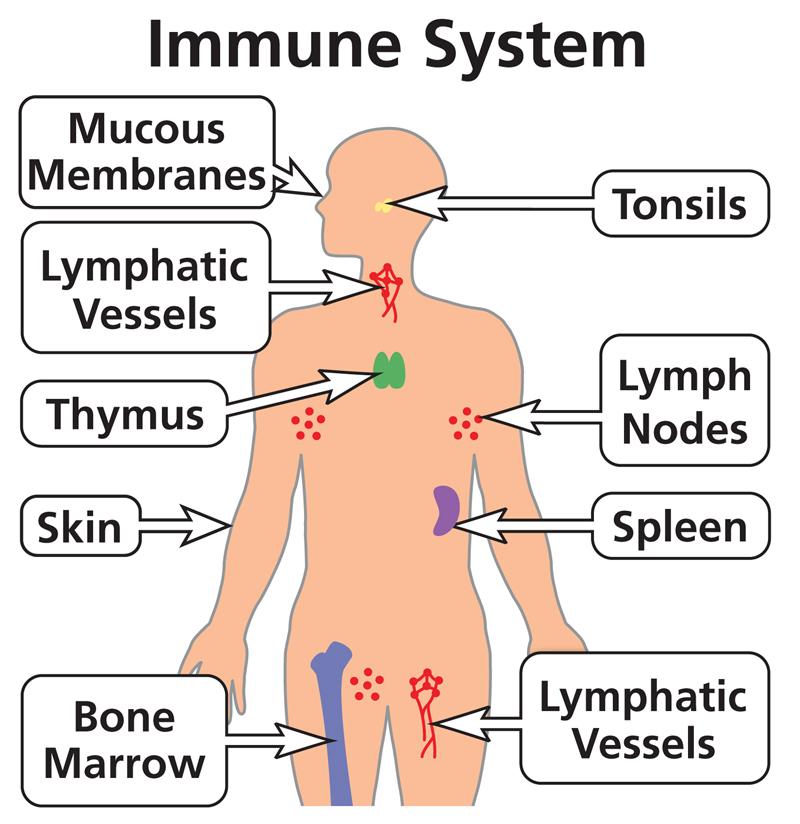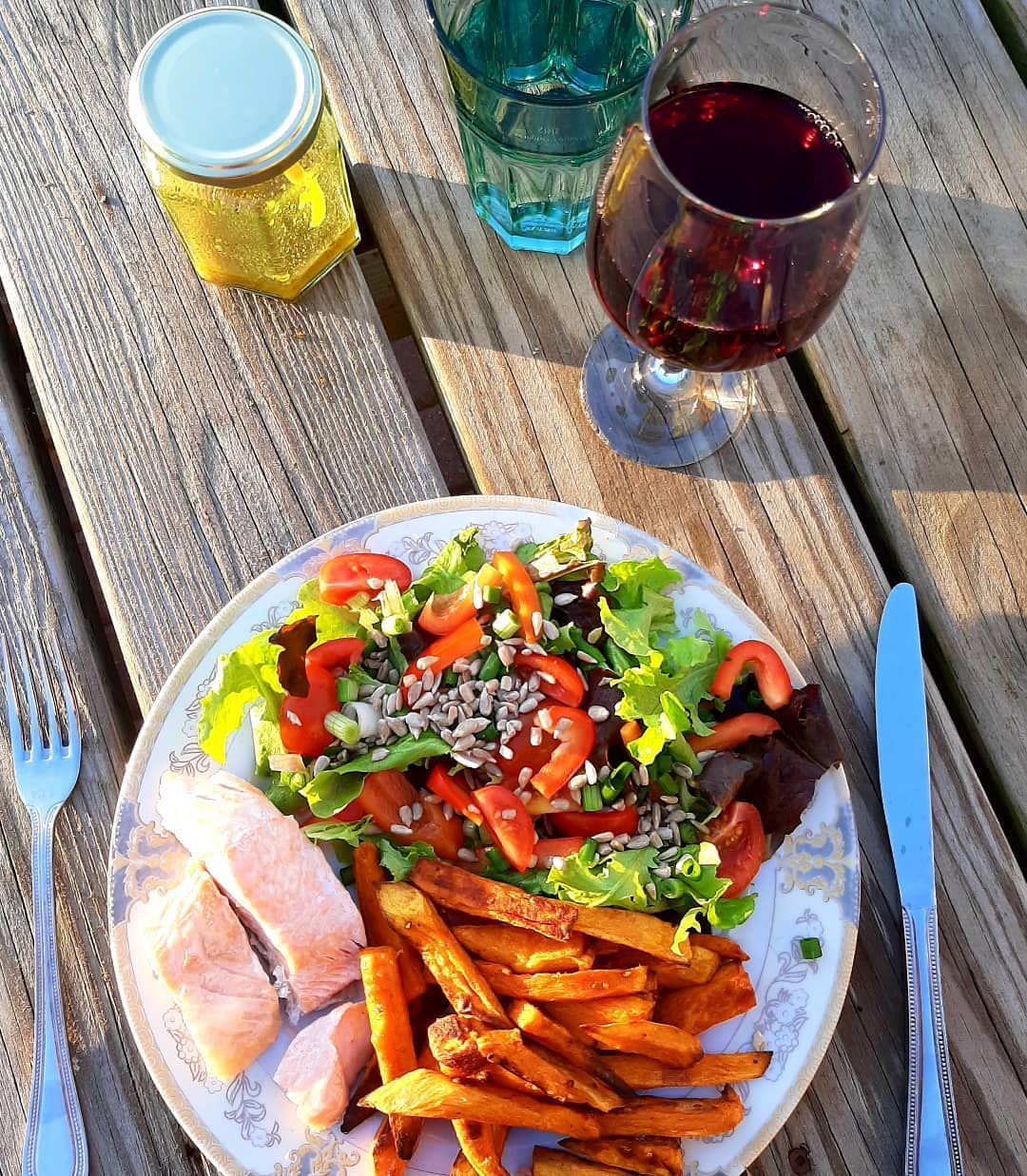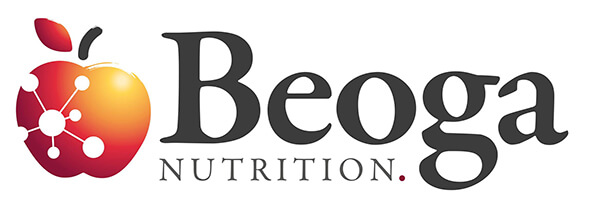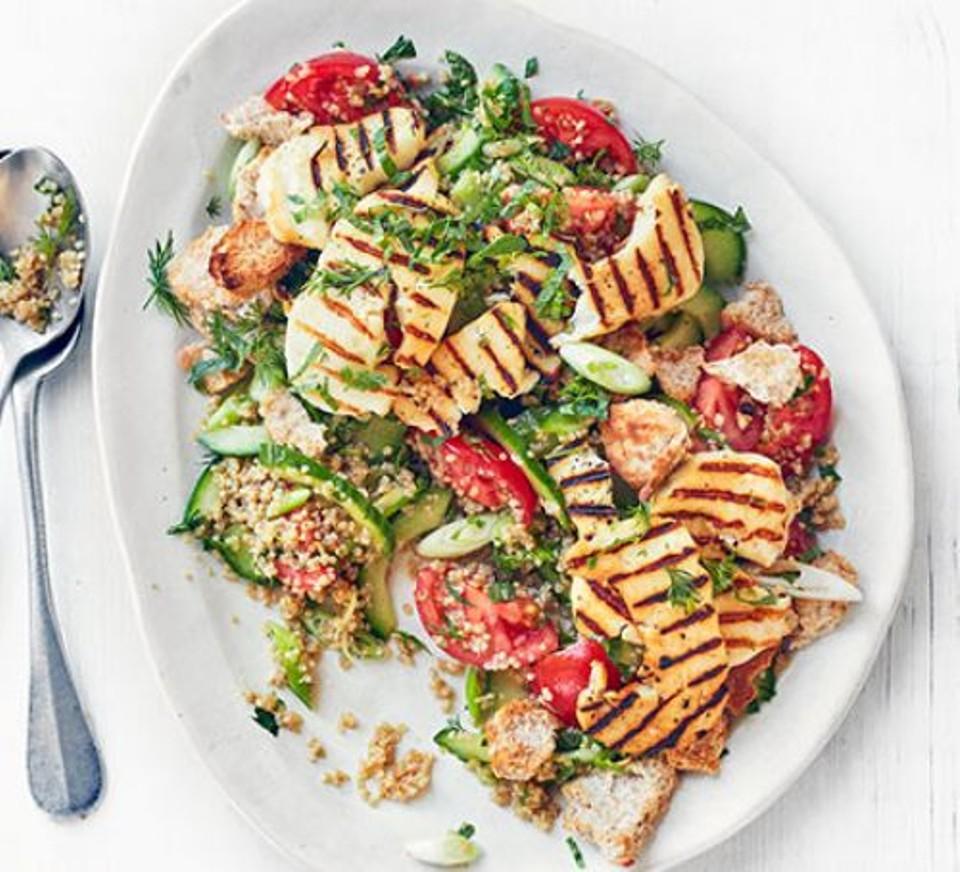Winter is coming and with the corona virus numbers increasing in lots of countries globally in what seems to be a second wave, people are naturally concerned. There has been lots of talk in the media about underlying health conditions such as obesity, diabetes, cardiovascular disease and other metabolic diseases leading to increased risk but the good news is that what you eat can improve these conditions while also supporting your body’s immune system
At Beoga Nutrition, our philosophy is eat nourishing foods most of the time to establish a good nutrient baseline. Treats or an occasional “night off” should not be a problem if the foundations are set in place. Use the 80 / 20 rule where you enjoy treats 20% of the time.
When it comes to the immune system, there is no one magic nutrient; we need lots of diffident nutrients to work together. In this article, we discuss some of the dietary options that may help or hinder your immune system and overall health.
What can I do?
In recent years, there has been an incredible amount of research into Vitamin D. A study released in April 20, completed in Trinity, Dublin looked at blood levels of vitamin D from 36,466 patients from Dublin over a five year period and found that 1 in 4 were deficient in the winter. Another study completed in Spanish hospital of those hospitalized with Covid 19 found more than 80% had Vitamin D deficiency.
Vitamin D deficiency is associated with increased risk of infection, increased autoimmunity and is also required for bone health & mood so these statistics would indicate that optimizing Vitamin D levels would be beneficial.
The main source of Vitamin D is from sunlight but due to the latitude of the sun, this is not available in Ireland from Oct to March. Food sources include eggs, oily fish like salmon or mackerel, organ meats like liver and kidney and some fortified foods like milk and breakfast cereals.
Some people also have a higher risk for deficiency including people not eating these foods, including vegetarians and vegans, people with darker skin, obesity, older populations, nursing home residents and people spending limited time outdoors.
Interestingly, some people will tell us that they are taking a Vitamin D supplement but when tested, they are still low. This may be because our body needs other nutrients like magnesium for absorption so your overall nutrient status will affect how quickly you can correct this deficiency.
Only this month (Nov 20), in the UK, free supplies of Vitamin D will be delivered to more than two million clinically vulnerable people and care home residents over the winter amid growing optimism about the role of the supplement in cutting the risk of death from Covid-19.
When it comes to supplementing, the current RDA in Ireland is 10mcg / 1000IU and if you are in the higher risk group, maybe more is required. We would always say test don’t guess so you know what level to supplement at.

Amino acids are building blocks for protein which are needed to produce immune cells so the risk is, if you don’t consume enough protein, your body won’t have the raw materials to produce these cells and tissues. Some diets, including vegans or vegetarians are at a higher risk of not including adequate protein in their diet.
Protein rich foods include meat, fish, shellfish, eggs, tofu, tempeh, dairy, beans, lentils, chickpeas, nuts and seeds.
Vitamin A is directly involved in development of immune tissues and production of immune cells and it is thought to be important in maintaining barrier function of lung tissue. Also, deficiency has been associated with severe respiratory tract infections, including pneumonia.
Foods that contain Vitamin A include meat, especially liver and some in dairy. It is also good to include foods that are rich in carotenoids as this is the raw material to make Vitamin A. It is easy to spot carotene rich foods as they are the orange and red foods for example sweet potato, carrots, squash, tomatoes, and berries.
One nutrient you may already know is good for the immune system is Vitamin C but what you might not realise is that it needs to be consumed regularly as it is being used up all of the time. In times of illness or when your body is fighting an infection, there is an even higher demand.
Vitamin C is found in most fruit and vegetables and while citrus fruit might be the first thing you think of actually red peppers and kiwis have a higher Vitamin C content. So, if you include fresh fruit & vegetable throughout the day, chances are, you are getting enough to meet your daily requirement.
However, if you do have a cold, adding a hot water with honey, lemon juice and fresh ginger or Vitamin C supplement at regular intervals during the day may reduce the severity of the symptoms or reduce the duration of the infection.
Zinc is another heavy hitter in the immune field and is also involved in a lot of other systems. Some symptoms that you might experience if you are low in zinc include frequently getting sick, feeling like you’re always tired and run down or if your ability to heal wounds is slow. Low zinc has also been associated with changes in appetite including food cravings, changes in ability to taste and smell (not to be confused with the Covid symptom), hair loss, digestive problems, including diarrhea and chronic fatigue type symptoms. Another thing to watch for is white spots under your nails.
Zinc is found in meat & shellfish (especially oysters if you are so inclined!) but it is also found is chickpeas, pumpkin seeds and cashew nuts.
Approximately 70% o
f your immune system is located in your gut – so it’s vital that we pay attention to our digestive system and make sure that it’s working property. The best foods to feed our microbiome (the bugs in our digestive system) are probiotic foods and prebiotic foods. Probiotics include fermented foods like live natural yogurt or sauerkraut but the prebiotic foods are what fuels our bugs and these include fibre rich and colourful foods which essentially includes all plant based foods.
So, what does all of that translate to?
The foundation of your diet should be real foods that don’t have an ingredients list.
Considering your dietary preferences, include a variety of meat, fish (especially oily fish like salmon), eggs, tofu, dairy, beans, lentils, chickpeas, nuts, seeds, wholegrains including brown rice & oats and colorful fruit & vegetables. These foods will include most of the vitamins and minerals your body will use to improve your health and support your immune system.
Also remember to include a protein rich food with every meal (and snack if having). For example: Add mixed seeds to breakfast, include hummus or a palmful of nuts as a snack, add meat, fish, eggs, cheese, quinoa, chickpeas, tofu or tempeh etc. to lunch and dinner.
Some foods that will put added pressure onto your immune system as they contain little or no vitamins and minerals and may also contribute to inflammation. These include processed foods that have high levels of sugar and damaged fats, sweets, biscuits, minerals, alcohol, processed meats and fried foods. These foods should be consumed occasionally.
The good news is, that when it comes to your diet, it is all about the big picture, eating nutrient rich, tasty foods most of the time can have a very beneficial impact on your immune & overall health.


